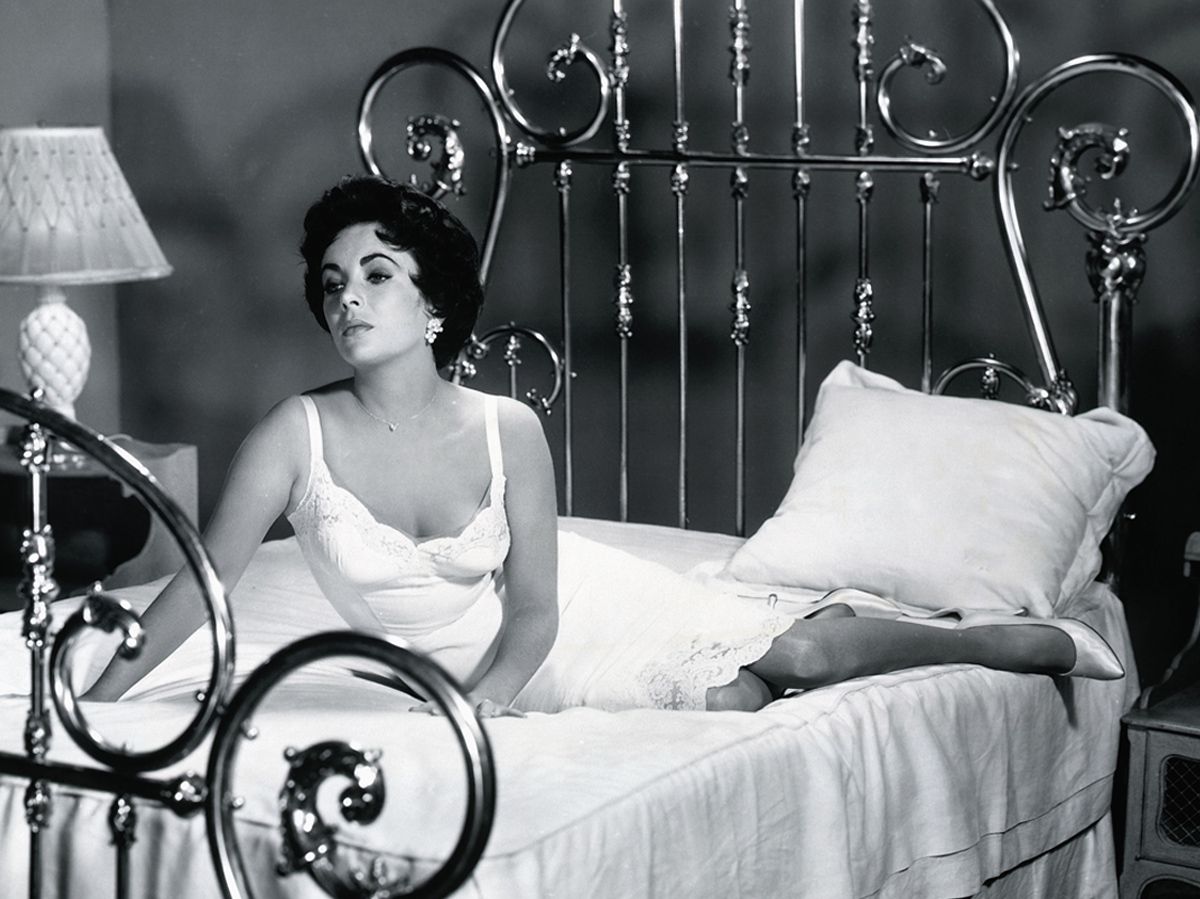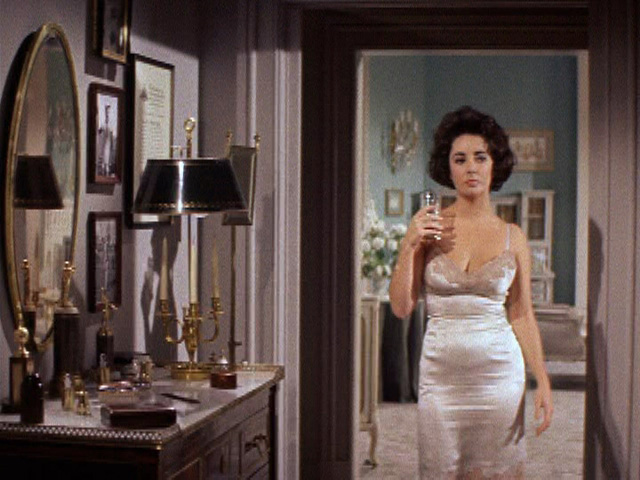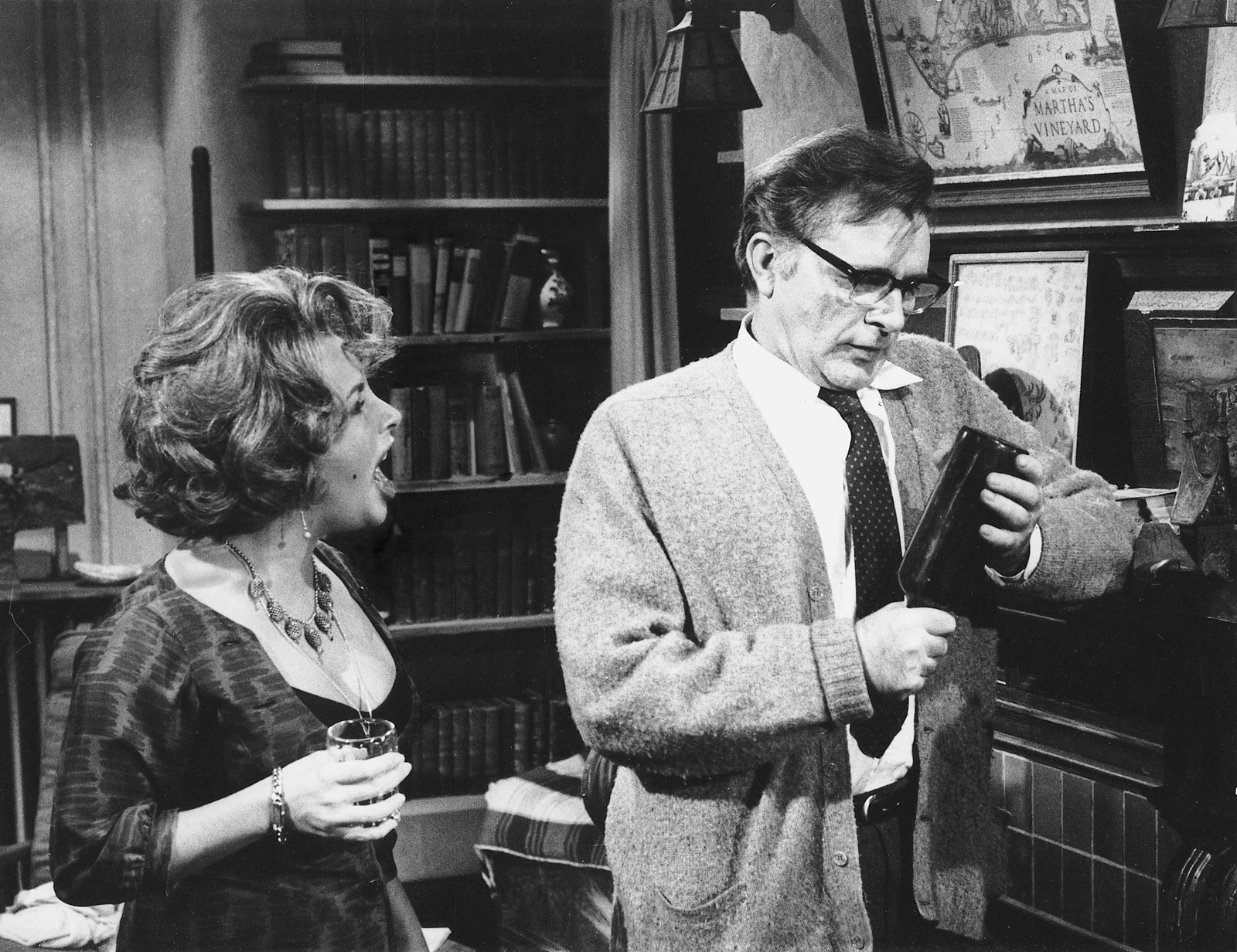
Dare to Speak: How Elizabeth Taylor’s Voice Changed an Industry
Elizabeth was never one for subtlety. Passionate and powerful, Elizabeth continuously used her voice to fight against unfair treatment, starting with her struggles in the studio system. The social qualms of adolescence did nothing to silence her voice, although it would take some time for her to redefine it after her abusive relationship with MGM Studios. Putting up with nonstop control and a complete lack of privacy molded Elizabeth into the strong, vivacious star that she came to be. When studio chief Louis B. Mayer swore at her mother in a fit of anger, 15-year-old Elizabeth vehemently told him, “You and your studio can go straight to hell!” Refusing to apologize, that was the day a trailblazer was born.
Although it wasn’t immediately felt, Elizabeth started changing the game in the late 1950s after her affair with Eddie Fisher, who was at the time, married to Debbie Reynolds. Harshly attacked by a one-sided fan base, and with one film left in her contract with MGM, Elizabeth was forced to make BUtterfield 8, a movie emphasizing her promiscuous public perception. In the film, she stars as a prostitute who must be punished for her lascivious ways. However, in true Elizabeth style, she came out on top, taking home her first Oscar for the film that was meant to tear her down. This triumph reinforced Elizabeth’s thought that obstacles don’t have to be closed doors, but could be hurdles worth jumping over.

Acutely aware of the power she now held in Hollywood, Elizabeth was able to exist outside of the traditional studio model that held her back at MGM. She started by negotiating a million-dollar salary with Fox for her role in Cleopatra. For fear of her walking away from the project, Fox allowed her choice of directors, something that normally wouldn’t be left in the hands of talent, but Elizabeth fought for what she wanted and won. Her triumph at the Oscars with BUtterfield 8, and her revolutionary contract with Cleopatra, helped her step away from the shield of what was known as the “Code.” In Old Hollywood the Production Code spelled out specific restrictions on language and behavior; it was inhibiting at best, but in Who's Afraid of Virginia Woolf? she changed the face of Hollywood forever.

Her portrayal of Martha in the famed screen adaptation of the Edward Albee play could be considered revenge for 32 years of censorship at its finest. Widely considered the most beautiful woman in the world, Elizabeth’s choice to play a frumpy, middle-aged flirt came as a shock to many. The Code expected women to appear demure, revere marriage, and avoid challenging authority. These expectations were nowhere to be found when Elizabeth gained 30 pounds and wore makeup to appear older than she was for the role. After winning her second Oscar for her performance in Who's Afraid of Virginia Woolf? it became abundantly clear that the glitz and glamour of Hollywood had been replaced with raw and brutal honesty - one that Elizabeth shepherded in with her groundbreaking role. In today’s era, stars like Britney Spears and Scarlett Johansson are using their voice to fight for what is rightly theirs. The young women of New Hollywood have Elizabeth to thank for a tenacity that changed the trajectory of filmmaking and gave women the freedom to speak.